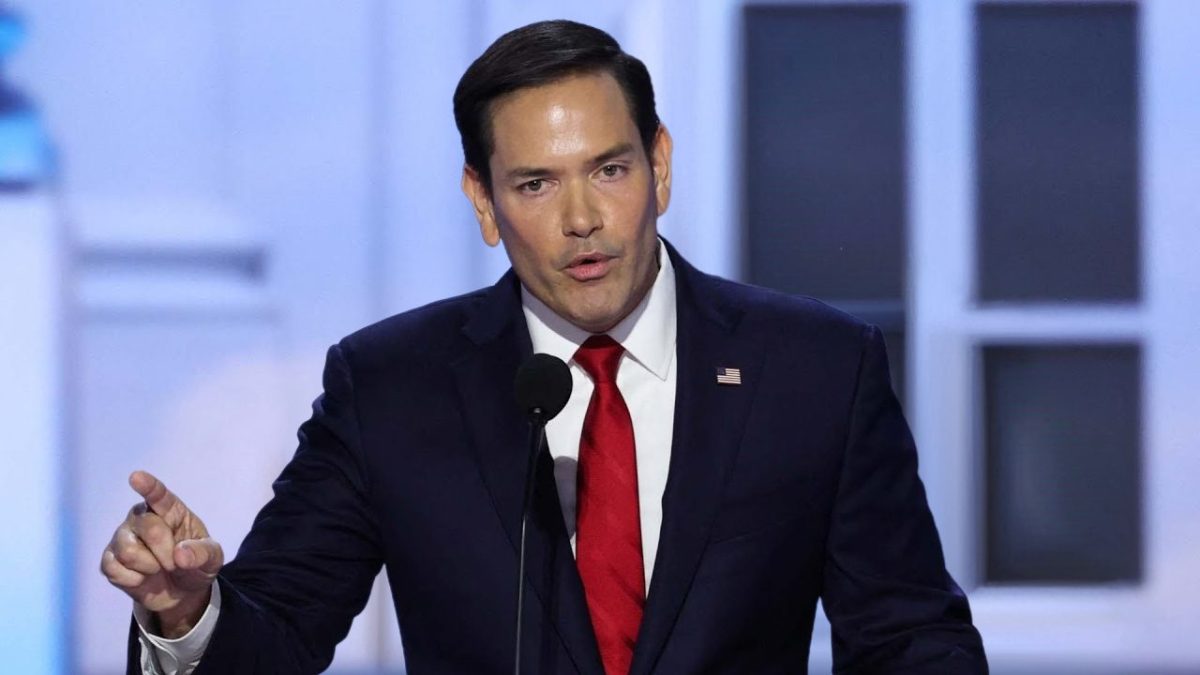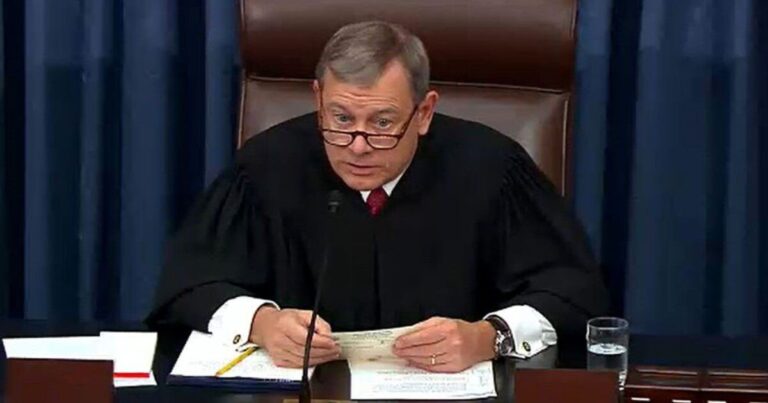In a bold move signaling the Trump Administration’s return to serious immigration enforcement, Secretary of State Marco Rubio announced Saturday that the United States will immediately revoke all visas held by South Sudanese passport holders—and will stop issuing new ones. The reason? South Sudan’s government refuses to take back its own citizens when the U.S. tries to deport them.
In a post on X, Rubio made it clear: “The failure of South Sudan’s transitional government to accept the return of its repatriated citizens in a timely manner” is unacceptable. The accompanying statement from the State Department was even more blunt, accusing the African nation of “taking advantage” of the U.S. and failing to uphold basic international responsibilities. The message? If you want to enjoy the benefits of American visas, then you better play by the rules.
I am taking actions to revoke all visas held by South Sudanese passport holders and to restrict any further issuance to prevent entry into the United States, effective immediately, due to the failure of South Sudan's transitional government to accept the return of its repatriated…
— Secretary Marco Rubio (@SecRubio) April 5, 2025
And let’s be honest—South Sudan hasn’t exactly been a shining example of governance. Since its independence in 2011, it’s teetered on the edge of collapse. Civil war, corruption, and famine have plagued the country for years. With a per capita GDP of just $455, it’s officially the poorest country in the world. But poverty is no excuse for breaking immigration protocols. Every sovereign nation has the right—and the duty—to control its borders and decide who gets in and who stays out.
This visa revocation is just the first wave of a broader policy reboot. According to an internal memo leaked to Reuters, the Trump Administration is reviving a version of the 2017 travel ban and sorting 41 nations into three categories based on their cooperation with U.S. immigration enforcement. Group one—think Syria, Iran, North Korea—faces a full visa suspension. Group two, which includes South Sudan, Haiti, Eritrea, Laos, and Myanmar, is in line for partial suspensions. Group three includes 26 nations, like Pakistan and Belarus, that have 60 days to get their act together or face restrictions.
Saturday’s action shows this policy isn’t just theory—it’s already happening. And the door isn’t slammed shut forever. The State Department said the decision can be reversed if South Sudan starts cooperating.
This is exactly the kind of no-nonsense, America First foreign policy the country voted for. If a foreign government won’t take back its own citizens, they shouldn’t expect the privilege of sending more here. Secretary Rubio and President Trump are putting U.S. national security where it belongs—first.




Leave a Comment